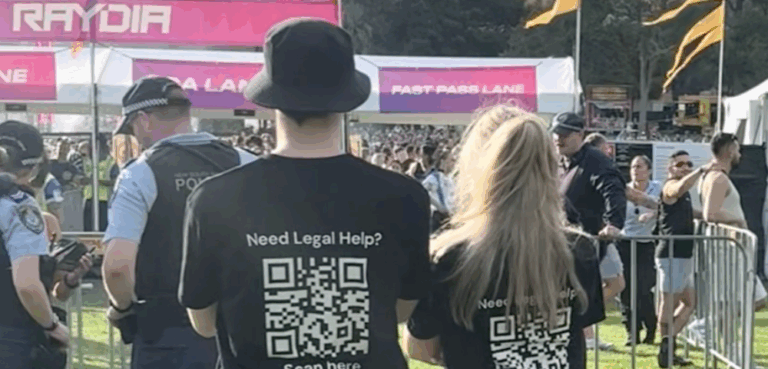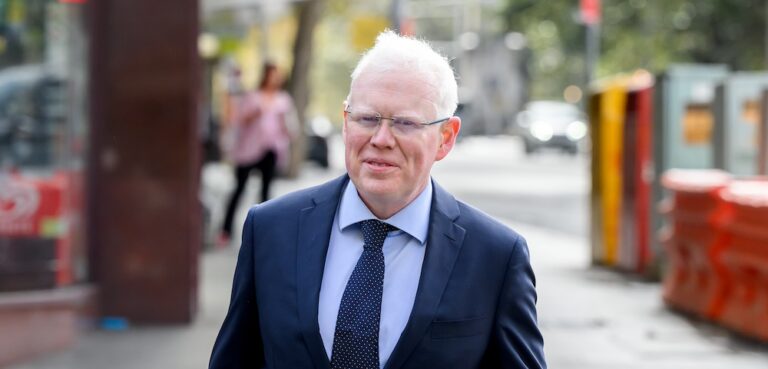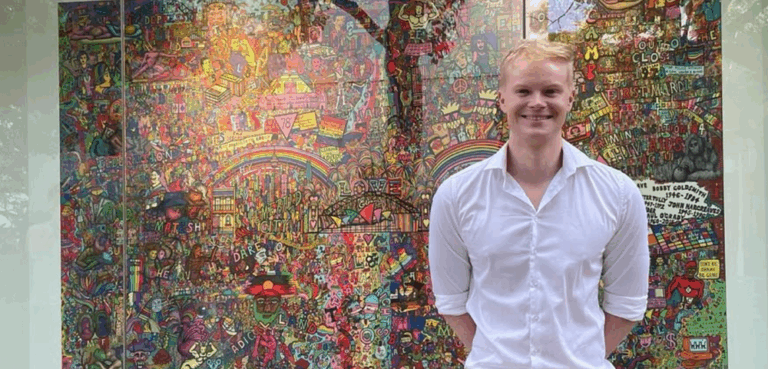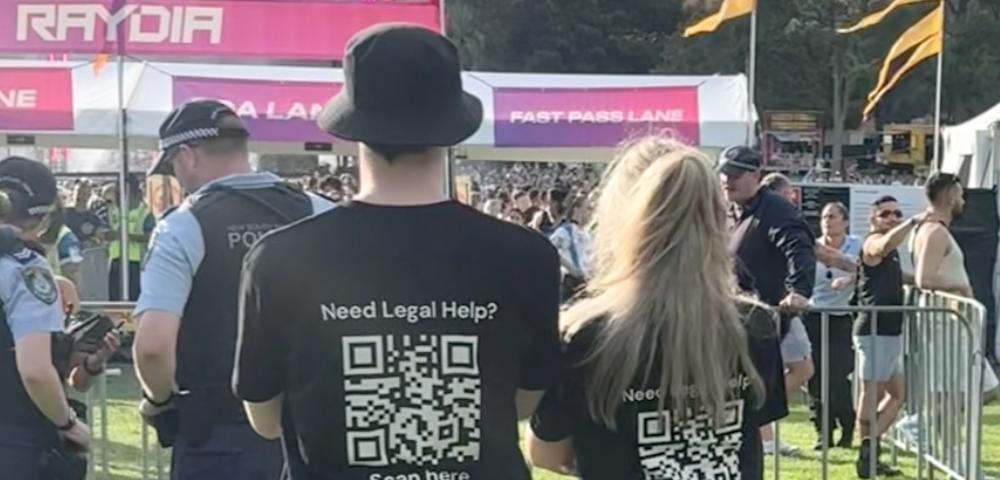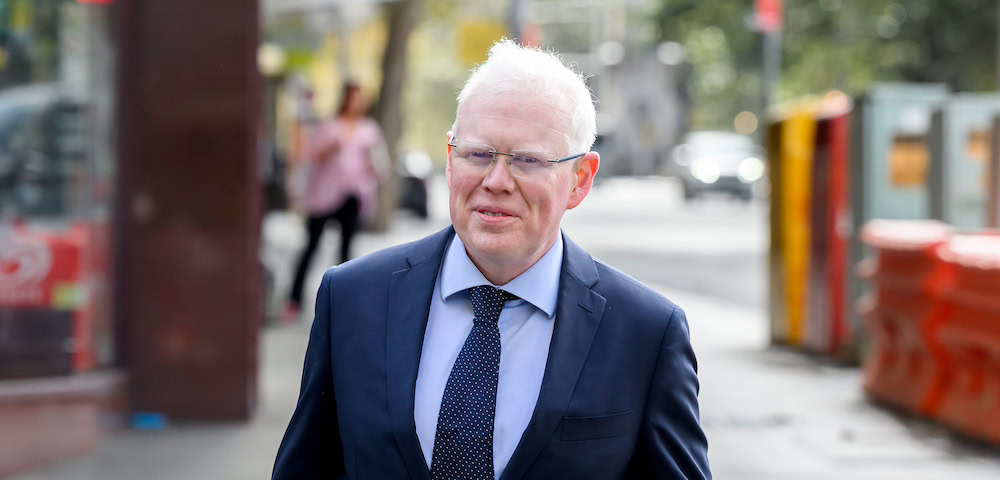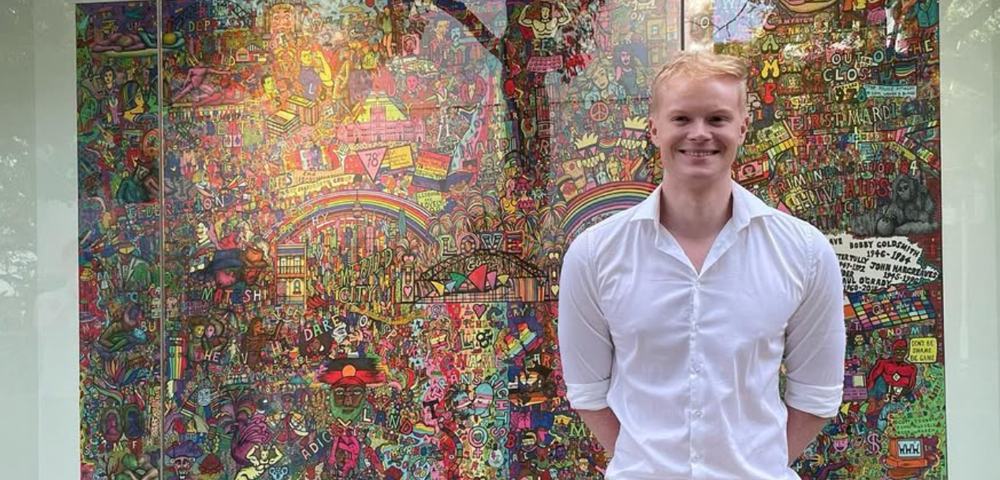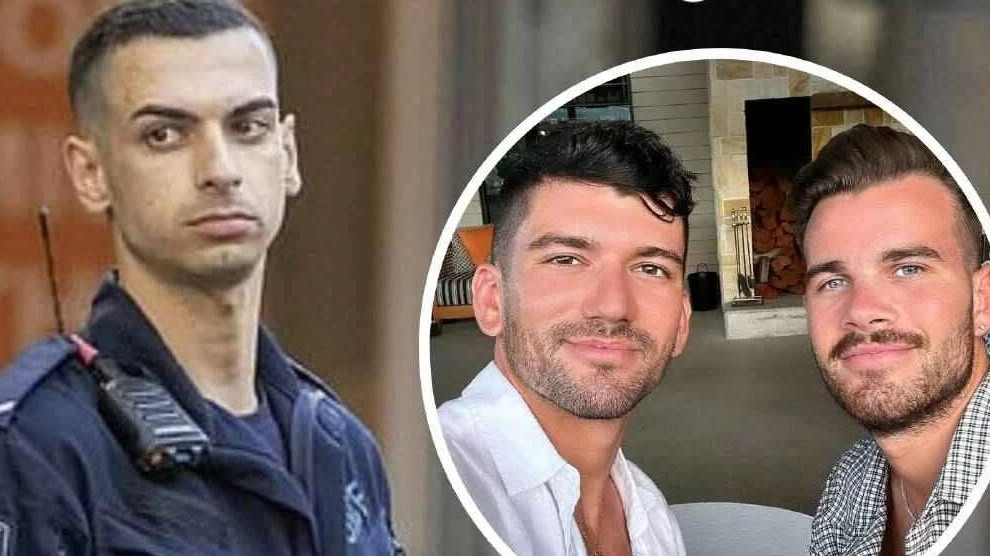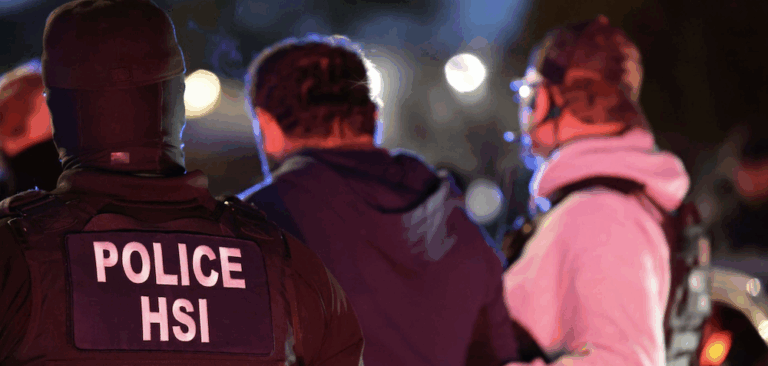
Your Say, Your Way: Empowering LGBTQIA+ Survivors to Report Sexual Violence
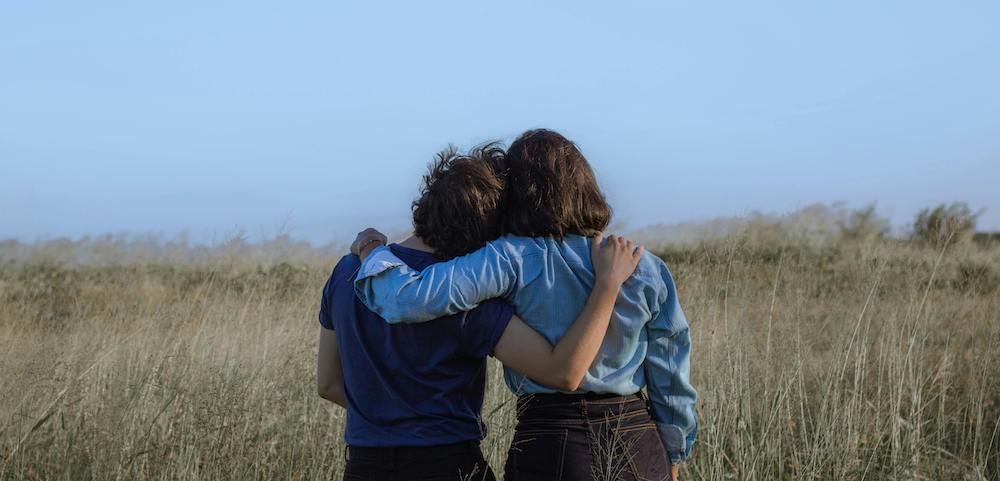
This article contains content about sexual violence. Please proceed with care. Support is available.
Sexual violence remains a pervasive issue in Australia – a crisis often hidden in silence.
Approximately one in five Australian women and one in twenty men have experienced sexual violence.
For LGBTQIA+ communities, the rates are even higher: a recent national survey found almost half (48.6%) of LGBTQ+ people had experienced sexual violence in their lifetime.
Yet despite these alarming figures, most incidents are never reported. Survivors face barriers like stigma and shame, fear of not being believed, and for LGBTQIA+ survivors, fear of discrimination or mistrust of authorities. These barriers have made many in our community feel they had to stay silent, without justice and often without support.
In New South Wales, a new approach for tackling this silence is an online reporting platform known as the Sexual Assault Reporting Option (SARO).
Offered by the NSW Police Force, SARO allows survivors of sexual violence to report their experience securely online — and they can remain anonymous, without a formal investigation being launched, if they wish.
The idea is simple but profound: let survivors share their story on their own terms, staying in control of whether police investigate or simply keep the information on file.
A safe and anonymous way to be heard
SARO is a trauma-informed reporting tool created with survivor empowerment in mind. The online form guides individuals through describing their experience in a safe, confidential manner. You can fill it out at your own pace, from the privacy of your home or any space you feel secure.
If you choose to remain anonymous, police will not contact you or launch an investigation – your report will be kept on record as intelligence, helping to identify patterns of abuse. If you provide your contact details, you can still decide whether you want police to follow up. Either way, the survivor holds the power. What happened to you wasn’t your choice – but how you report it is.
Crucially, submitting an SARO report does not lock you into a formal legal process – there is no pressure to give a full statement or go to court until you feel ready. It’s a way to have your story heard and documented without immediately triggering the traditional criminal justice protocols.
Many survivors — especially LGBTQIA+ people who have had negative experiences with authorities — find this option far less intimidating than walking into a police station.
“Reporting sexual violence doesn’t have to mean facing more trauma – SARO offers trauma-informed, supportive reporting channels,” the NSW Police Force initiative explains, highlighting that LGBTQIA+ survivors can feel confident the process will be safe, respectful, and empowering.
Why LGBTQIA+ people need safe, empowering ways to report their experiences
For LGBTQIA+ survivors, the road to reporting can be especially difficult. Many of us, of all gender identities, sexual orientations, and walks of life, have encountered homophobia or transphobia when seeking help, or worry that their identities and relationships won’t be understood by authorities.
Some have even been targeted with so-called “corrective rape” as a part of now-illegal conversion practices – assaults intended to force them to be heterosexual – contributing to a deep distrust of law enforcement in parts of the community.
This is why LGBTQIA+ advocacy organisations such as ACON, LGBTIQ+ Health Australia, and Equality Australia have long called for trauma-informed, identity-aware support systems.
These organisations recognise the urgent need for reporting options that do not retraumatise survivors, and instead centre their safety, consent, and autonomy. They have consistently advocated for mechanisms that recognise the distinct vulnerabilities faced by LGBTQIA+ people, including higher rates of assault, compounded stigma, and the risk of being outed.
These organisations have long stressed the importance to police of giving survivors the ability to speak up without fear of judgment or reprisal, and of ensuring their stories are handled with care, confidentiality, and respect.
Platforms like SARO are seen as a step forward in making reporting more accessible and survivor-led – especially for those who have previously been failed by the system.
While more work is needed to ensure all survivors are treated with compassion and respect, trauma-informed tools like SARO represent a meaningful shift toward a more inclusive, survivor-centric approach.
Your options, your choice
So now, there are multiple pathways for reporting sexual violence. Those experiencing such a deeply traumatic situation as sexual violence have options, and have the ability to take control and choose what feels safest and most comfortable for themselves.
- In person: You can report the incident at any police station. The NSW Police Force has been training officers in trauma-informed practices, so you’ll be met by an officer who is kind and respectful, who will listen to you, believe you, and help however you need. If you prefer, you may also arrange for an officer – such as an LGBTQIA+ liaison officer – to meet you at a location where you feel safe.
- Online via SARO: The Sexual Assault Reporting Option is a secure web portal for reporting sexual assault, where you can provide as much detail as you feel comfortable and choose to include your contact information or remain completely anonymous. If you just want the incident on record and do not want police to follow up, that wish will be respected.
There is no time limit on reporting sexual assault – whether the incident happened yesterday or many years ago, it’s never too late to have it documented.
No matter which route a survivor chooses, the emphasis is on support without pressure. Officers can connect survivors with counseling and medical services if they want this, but will not push anyone to pursue a formal investigation or charges if they aren’t ready.
The survivor’s wellbeing and choices come first at every stage. This approach acknowledges the courage it takes to come forward at all, and strives to make that step as safe and affirming as possible.
SARO: Offering empowerment and hope
In the past, many LGBTQIA+ people felt forced into silence about sexual violence, but now, with initiatives like SARO, there’s hope that this is beginning to change.
The tone of the reporting process is shifting – from something that once felt intimidating, traumatising, and out of the survivor’s hands, to something that actively empowers the survivor. By recording their story, even anonymously, a person is taking back some control from the perpetrator.
Sexual violence is never the survivor’s fault. If you or someone you know has experienced sexual assault, remember that you have options.
You deserve to be heard in whatever way feels right for you – whether by speaking to an officer face-to-face or by typing out your story online. Ultimately, it’s your say, your way.
You can learn more about SARO and your options for reporting sexual violence in NSW here.
Help is always available.
If this story has caused you distress, you can call or chat online with Lifeline (13 11 14), or 1800 RESPECT (1800 737 732).
If you require immediate assistance, please call 000.
